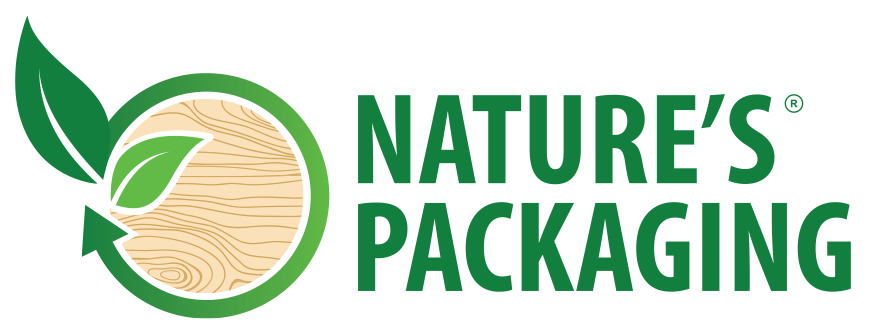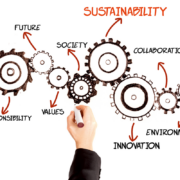What is Supply Chain Sustainability? – Part 2
Why is Supply Chain Sustainability Important?
The increasing concern about climate change by consumers and businesses alike has pointed to supply chain sustainability as a strategic goal for all participants in the chain. Supply chain operations, from sourcing, to distribution, to end-user, are an energy-intensive process.
Nations, governments, and business leaders have recognized the after-effects of these processes and have called for dramatic improvements in various worldwide climate summits like the Paris Agreement and the 26th UN Climate Change Conference in Glasgow. The medium-term goal within these actions is to reduce GHG emissions on a global scale.
Many industries, like fast-moving consumer goods (FMCG), logistics, and supply chain; are being scrutinized and called upon to provide plans and goals for sustainability in their operations. The new business leaders of these industries understand that their operations can have significant impact on the environment, which then flows through the social, political, and economic landscapes where they do business.
In example, Coca-Cola, who is a giant in the fast-moving consumer goods industry, utilizes its market reach to promote awareness of sustainability values and engage meaningfully with suppliers across its supply chain respectively. The 2020 Coca-Cola Business & Environmental, Social and Governance Report demonstrates the initiatives it is implementing within packaging, processes, and advocacy to redress its supply chain and communicate company-wide social responsibility and supply chain sustainability. In sustainable packaging, Coca-Cola’s goal is to make 100% of their packaging recyclable globally by 2025 and use at least 50% recycled material in all packaging by 2030.
For industries and companies like this example, it is up to the wooden pallet and packaging industry, as a service provider in their supply chains, to demonstrate the value of our products in achieving our customer’s goals for sustainability. Recycled wooden products do this by presenting sound, proven data that provides factual information for a customer’s sustainability initiatives.
Making a Supply Chain Sustainable with Wood Packaging
The goal of attaining a sustainable supply chain is to incorporate eco-friendly business practices in everyday operations, these include the use of recycled packaging and/or packaging derived from renewable resources. Achievement of a customer’s sustainability goals begins with important pillars that validate their goals and set up their operations for success with minimal disruption to any process:
Identification – companies identify areas of improvement along their supply chain from sourcing to packaging, to warehousing, to transportation. As operations are evaluated. The “low-hanging fruit” will highlight where the quickest positive environmental impacts will happen. This will help them jumpstart their development toward sustainability. As an expert in recycling processes and renewable wood products, you can guide them to quick wins that are identified at a granular level (read: pallet) and quickly coalesce into a significantly positive data point systemwide.
Collection – developing key performance indicators (KPIs) to use as a benchmark to track progress are integral to success. This helps businesses focus on their environmental goals. As an expert in recycling processes and renewable wood products, your input into those KPI’s will be critical. Luckily, all of this data is collected as a regular part of the services provided.
Commitment – service providers (like pallet companies) gain commitment from their customers by incorporating business practices that mirror the sustainability goals of their customers. This can include facility and yard tours that demonstrate real recycling processes in action and set expectations correctly with customers. Customers must understand that your services amplify their effort toward achieving their sustainability goals and contribute to their bottom line.
Connection – customers want to build on their successes in sustainability and engage with suppliers who understand this concept. Collaboration among businesses units within a customer’s business organization is compounded with optimization of their processes that reduces cost, waste, and environmental risks in the business operation. Wood pallets and packaging touches just about every business unit in some way, whether it be data, actual products, or services provided at the dock. Connecting those dots for the customer are crucial.
Evaluation – beyond KPI metrics there will always be the need to review and re-align with customer sustainability goals. These points of communication must be more than numbers in a spreadsheet or nice-looking reports with colorful infographics. An evaluation of service performance that is done regularly, whether quarterly or semi-annually, is integral to the progress of any sustainability initiatives. It will also help you as a service provider to address any concerns with the customer and help you achieve credibility as the invaluable sustainability expert that you really are.
Navigating successfully through these points to help a customer attain supply chain sustainability is complicated. Nonetheless, every wood packaging business in the industry should adopt these pillars to help promote our industry as sustainable, renewable, and recycling pioneers.

